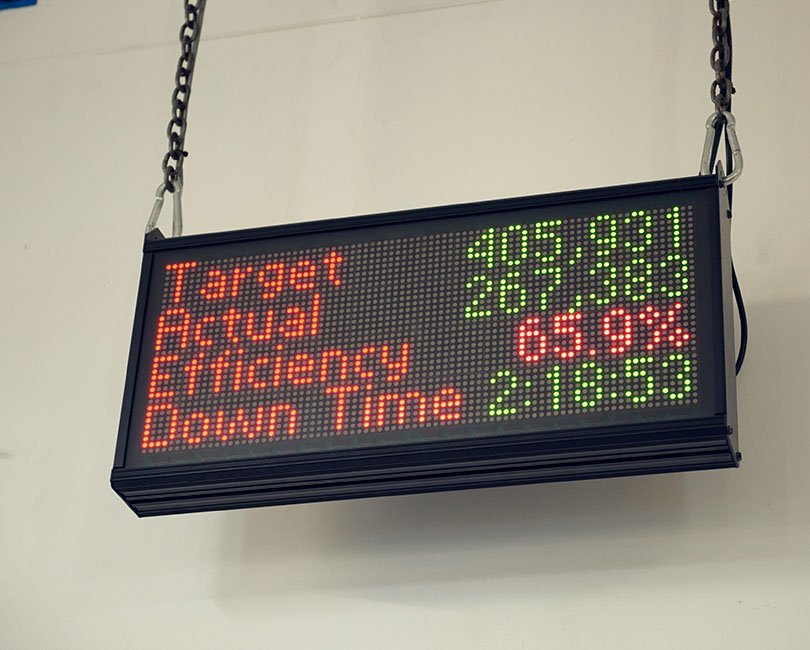Mitigating Your Credit Card Compliance Risk

Cybersecurity continues to be a hot topic, and for a good reason, the risks continue to increase for businesses of all sizes. In our most recent series of Tech Talk videos we hit on a cybersecurity topic that typically doesn’t receive much attention, Payment Card Industry (PCI) compliance. In this blog, we’ll discuss why the high-risk area of online credit card payment is worthy of your attention.
Charge It!
The number of businesses who accept credit card payments is on the rise and isn’t limited to traditional merchants. More and more service providers are jumping on board the credit card payment train. That’s excellent news since it often means you receive payment for your products or services quicker, but it also comes with a significant level of responsibility and risk.
Payment Card Industry (PCI) compliance is a requirement of all entities that store, process, or transmit credit or debit data. This includes financial institutions, merchants, and service providers regardless of your company size or quantity of transactions. Compliance is defined by the PCI Security Standards Council (PCI SSC) and includes specific Data Security Standards (DSS). There are four levels of compliance based on the number of credit card/debit card transactions your company processes annually and how you manage the card data.
One significant piece of the compliance process involves a PCI Self-Assessment Questionnaire, and depending on your compliance level, this may consist of several hundred questions. However, with Point-to-Point Encryption, you can minimize not only your risk, but also the length of the self-assessment itself.
Point-to-Point Encryption, also known as P2PE, utilizes a third-party vendor with expertise in PCI compliance to handle the heavy lifting of protecting your data through secure devices, applications, and processes at every point throughout the card transaction.
By working with a P2PE expert, you apply a high level of security to your valuable data. Additionally, companies that utilize a P2PE solution will be subject to far fewer compliance requirements (since the third-party provider carries a large bulk of the compliance responsibilities.) With a P2PE solution, that several hundred-question survey we mentioned earlier can easily turn into a much more user-friendly 25 question survey.
The High Price of Non-Compliance
While many companies have good intentions when it comes to cybersecurity, it often becomes a “to do” that falls to the bottom of the list. Failure to take PCI compliance seriously can lead your company into a very precarious situation. Fines, penalties, and the potential to lose the ability to even process card transactions are all possible consequences of falling short of compliance. These types of ramifications can do irreparable damage to a company and underscore the importance of data protection. Widely regarded as a highly efficient way to protect sensitive payment data against theft, P2PE is a popular choice that makes life easier for many organizations.
Next Steps
As data breaches continue at an alarming rate, it’s so important for businesses to understand the risks and implications of remaining idle. We strongly encourage you to stay informed about cyber threats and how they can negatively impact your organization. Protecting your data is an ongoing, full-time process and we would be happy to talk through the best options for your specific situation.



